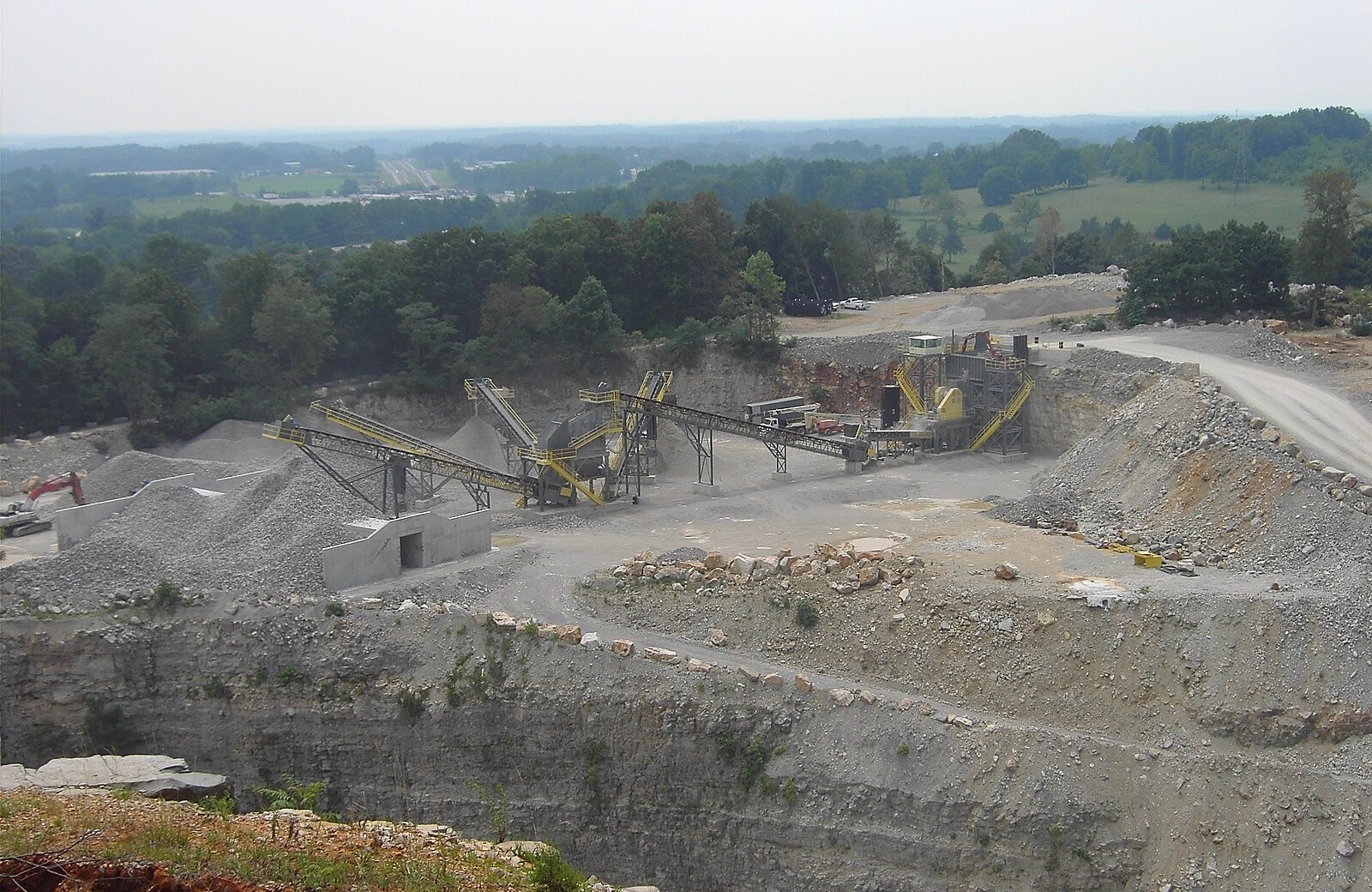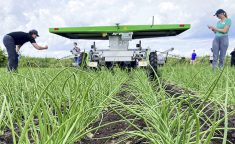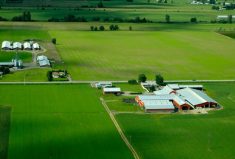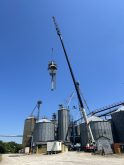There’s a sense of optimism and excitement in the Canadian agri-tech and innovation sector these days – and despite ongoing challenges, the future shines bright with opportunity.
That’s according to panelists at the recent THRIVE Spotlight on Canadian Agri-Food Innovation, where the Silicon Valley-based global accelerator announced its first Canadian cohort of start-up companies.
Why it matters: Various reports, including the 2017 Barton Report and the 2018 Agri-Food Economic Strategy Table Report, have pointed to Canada’s potential to be a global agri-food powerhouse if it had the investment and a coordinated national innovation network to get there.
Read Also

Melancthon faces a new quarry fight over water, environment and farmland risks
A proposed Strada blast quarry in Melancthon, Ont., sparks regional debate over water protection, farmland sustainability, and Ontario’s aggregate policy.
“When I think about the industry, I see a sense of energy and excitement and more activity than there has been historically and that speaks to the opportunity for Canadian agriculture,” said Rebbecca Clarke, vice president and treasurer at Farm Credit Canada (FCC).
“For us to capitalize on that is to make sure all of this activity becomes successful activity, and we need to brag and be bold in Canada so we can continue to attract investors to this space and showcase the good things we are up to and are going to be up to in ag,” she said.
FCC has increased its investment and innovation support for the agri-food sector, signing multi-year partnerships with SVG Ventures|Thrive and Bioenterprise, Canada’s Food & Agri-Tech Engine, to help entrepreneurs and start-ups access much-needed business expertise, mentorship and networks. The crown corporation has also invested significantly into venture capital funds that support agricultural innovation.
According to Clarke, FCC is looking to further expand its fund portfolio to focus on specific aspects of agriculture, including cleantech and sustainability, as well as underserved areas like Indigenous and female-led companies.
Alison Sunstrum also believes in the need for more diversity in the innovation space. She’s a general partner in the 51 Ventures Food & AgTech Fund that is targeting female and diverse founders. Pre-pandemic, she noted, only 2.3 per cent of agri-tech investments in 2018 went to women.
“We’ve been seeing increases in ag tech (investment) since 2013, so we are investing but we are not investing equally across the board,” she said.
“Silicon Valley is looking at people who look just like them and if we’re just investing in people who look and think like us, what are our economy and society missing? I say we’re missing a lot; diversity and inclusion is just good business.”
Diversity isn’t the only challenge she sees for innovators in Canada. The country represents a small domestic market with inter-provincial barriers, a challenging regulatory pathway and a transportation system with many last-mile problems.
Historically too, Canada has struggled with commercializing its innovations.
“If we can find our innovators early, support them and help them on their journey, they can and will compete on the world stage,” she added.
Laura Kilcrease is the CEO of Alberta Innovates. She believes strongly that technology like automation, drones, ag biotech, genetics and Internet of Things (IoT) can help address key challenges in the agriculture sector, including labour shortages, food security, and pandemic-accelerated changes in consumer demand and behaviour.
“Here in Alberta, we’ve assembled over $200 million in the last 18 months to foster more innovation amongst companies and we expect that to attract a lot more capital to the sector,” she said.
“This is a unique period in time in this industry and Canada is exceedingly well positioned to take advantage of that quickly.”
According to Kilcrease, part of Alberta’s support involves funding, but western Canada is also uniquely positioned to help entrepreneurs farm-test their innovations in real-farm scenarios through the newly created Pan-Canadian Smart Farm Network. Its members include the Olds College Smart Farm and the Lakeland College Student-Managed Farm in Alberta and the Glacier FarmMedia Discovery Farm at Langham, Saskatchewan.
“We aren’t just funding implementation of technology, we have programs to test these technologies and when you bring all that together, it becomes a far more palatable investment environment for investors and for international partners to come to the table because what we do here will probably be needed in other parts of the world, too,” she said.














